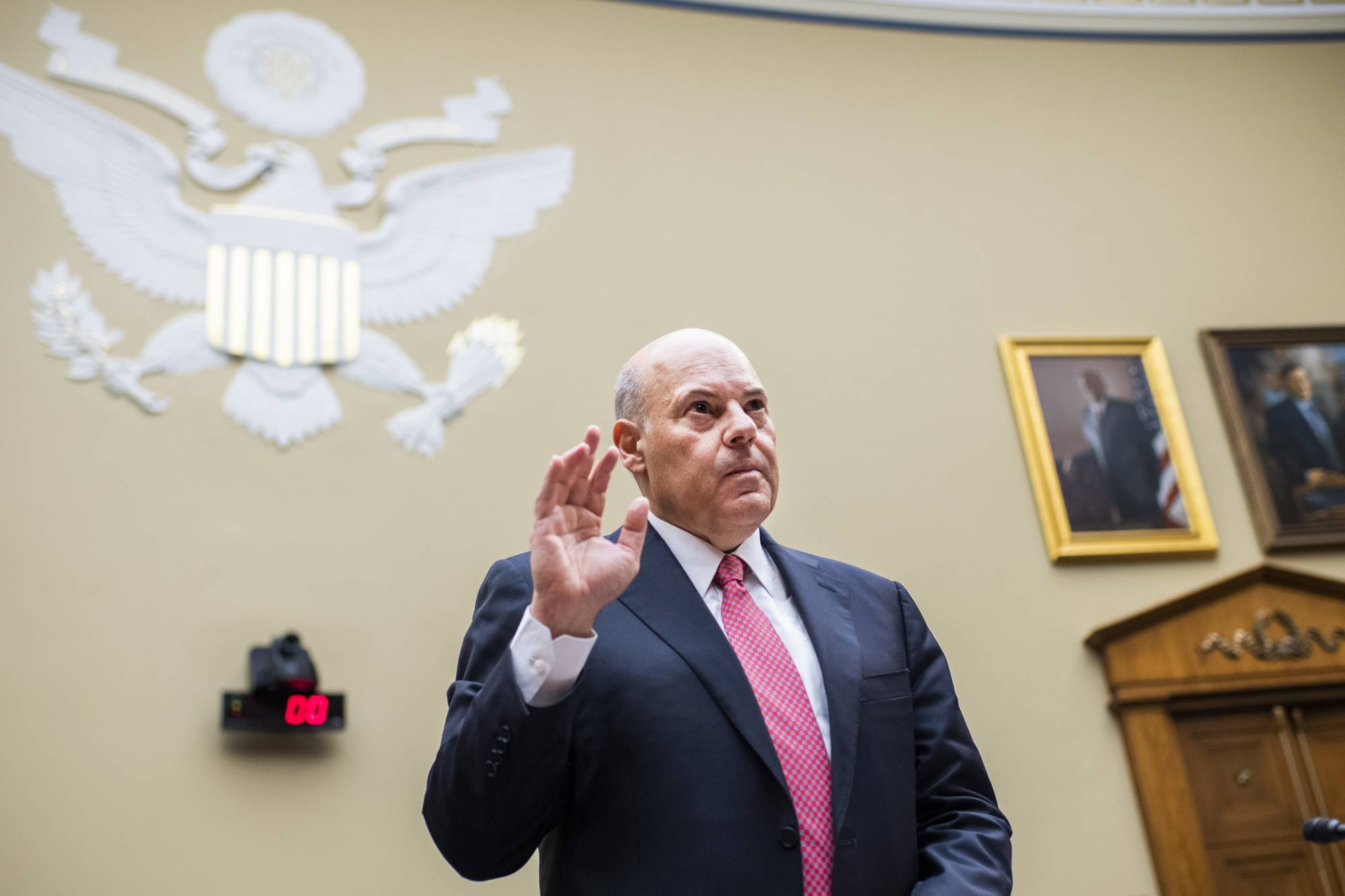WTO ruling favors Mexico in US ‘dolphin-safe’ tuna spat
The World Trade Organization rules that Mexico's tuna industry has been harmed by U.S. "dolphin-safe" labeling rules and says the country can seek retaliatory m...
MEXICO CITY (AP) — The World Trade Organization ruled Tuesday that Mexico’s tuna industry has been harmed by U.S. “dolphin-safe” labeling rules and says the country can seek retaliatory measures worth hundreds of millions of dollars.
The decision said Mexico’s economic damages from the labeling rules amounted to $163 million a year.
The Mexican government issued a statement saying it would “immediately ask the WTO’s Dispute Settlement Body for authorization to suspend benefits” and also begin an internal process of targeting imports from the United States.
In past decisions, the WTO has held that the U.S. “dolphin-safe” labeling improperly interfered with trade.
Mexico’s statement said its tuna industry meets “the highest international standards for the protection of dolphins and sustainability.”
The U.S. Trade Representative’s Office said it was “disappointed” by the ruling.
“Regrettably, the WTO Arbitrator’s decision does not take into account the United States’ most recent dolphin-safe labeling updates and dramatically overstates the actual level of trade effects on sales of Mexican tuna caught by intentionally chasing and capturing dolphins in nets,” the office said. “We will continue to monitor the situation and closely consult with Congress and stakeholders about next steps.”
Copyright © 2024 Federal News Network. All rights reserved. This website is not intended for users located within the European Economic Area.





